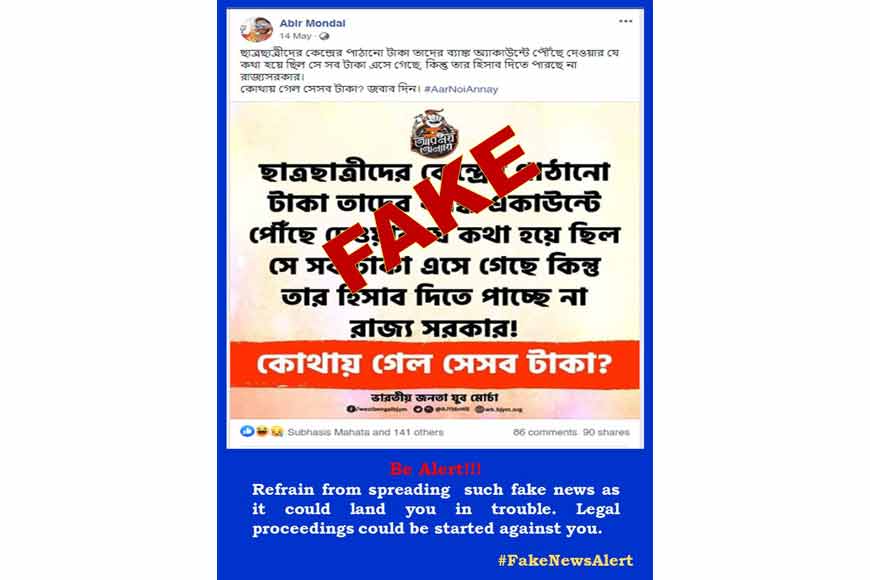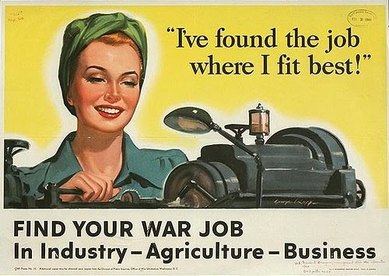

The author explains many confusing "grey areas" such as when opinions are actually relevant to parsing information (using the example of sports statistics that can be given context by someone knowledgeable in that field). There are lots of links to sites and sources one can use to verify information. While many other books on this topic are designed for cover-to-cover reading, this one is easy to browse.

The chapter on logical fallacies is a good addition to the overall topic, as is a suggested list of fact-checking websites (complete with notes about where their funding comes from - a responsible fact checking site will make clear their methodology and funding sources and will cite sources for their information).

The book is punctuated with graphics, illustrations and sidebars to break the information into more digestible chunks, and includes many references to popular culture, such as "What can Harry Potter teach us about Fake News and the Media?"

I was surprised to see some other reviewers describe it as "dry" because I think it's a lot less dry than many other books on this topic. Written by an academic librarian who has spent decades teaching information literacy to college students, this is an easily accessible guide to discerning the reliability of sources and data. A Rendezvous Reader: Tall, Tangles, and True Tales of the Mountain Men, 1805-1850īesides working as a librarian, Donald has taught college English and worked as a fire fighter on a U.S. Into the Wilderness Dream: Exploration Narratives of the American West, 1500-1805 The Library Renovation, Maintenance, and Construction Handbook Serving Online Customers: Lessons for Libraries from the Business World Fake News, Propaganda, and Plain Old Lies: How to Find Trustworthy Information in the Digital Age research university of the twenty-first century.ĭuring his career Donald has published numerous books and articles on such topics as fake news, library construction and maintenance, library management, and the literature of the American West. At UC Merced he was instrumental in planning the library for the first (and, to date, only) new U.S. His interests in librarianship include the history of print and digital information, the role of information in the Digital Age, and the evaluation of information. Barclay has been an academic librarian since 1990, holding library positions at New Mexico State University, the University of Houston, the Houston Academy of Medicine-Texas Medical Center, and the University of California, Merced.


 0 kommentar(er)
0 kommentar(er)
